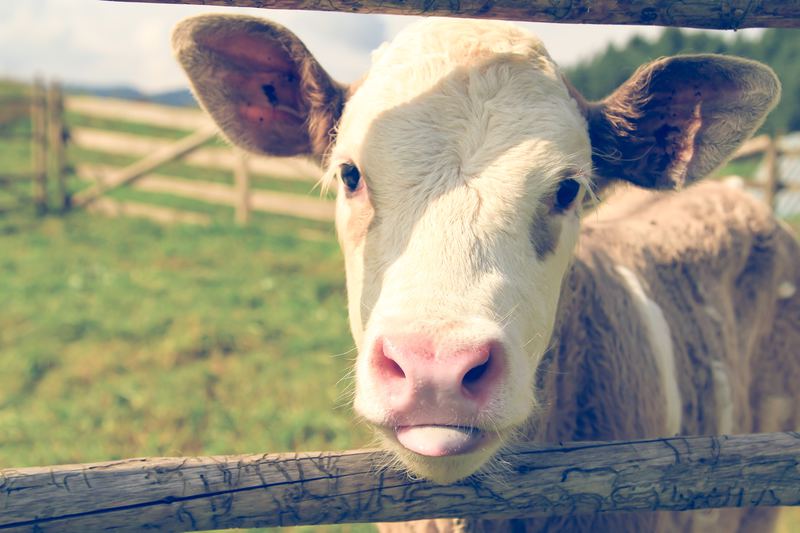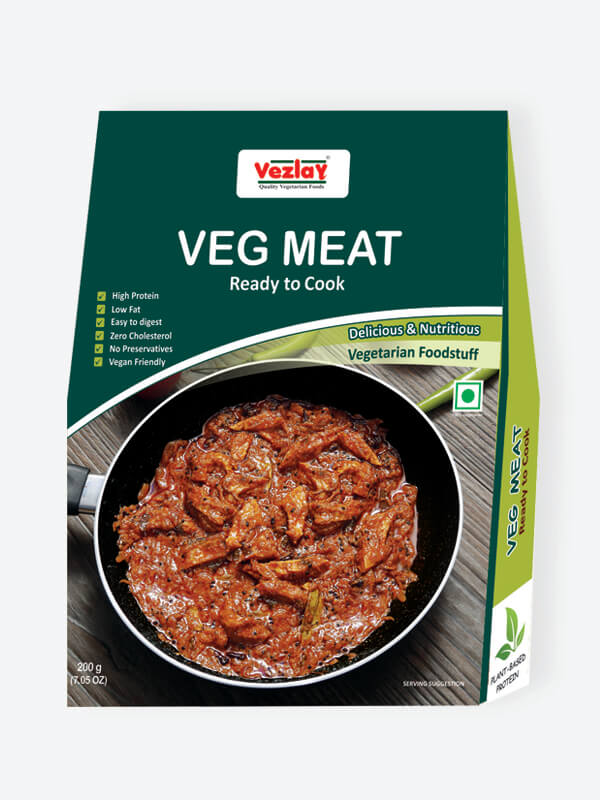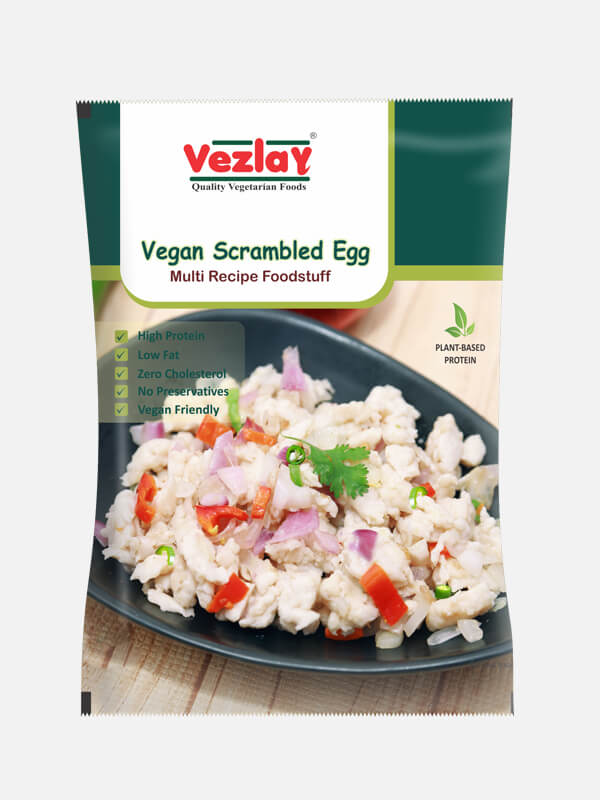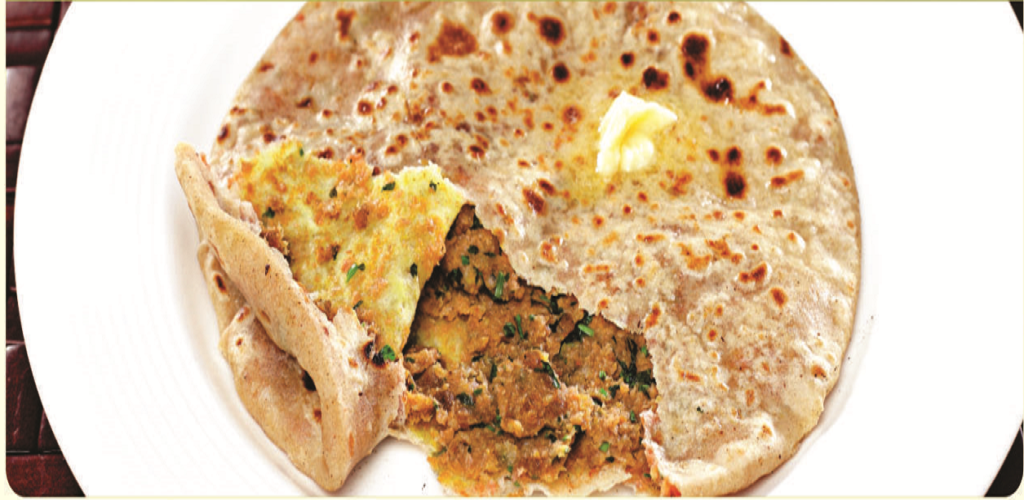In the land of boeuf bourguignon and steak-frites, eating meat is turning controversial. Even selling it is becoming dangerous.
The vegan and animal welfare wave haven’t spared France, where butchers and slaughterhouses are increasingly coming under attack. The French butchers’ lobby this week sought police protection after vegan activists stoned a butcher’s shop on Sunday. This followed incidents in April when some meat-selling shops were doused in fake blood.
“French consumers are finally waking up, decades after everybody else,” said Geoffroy Le Guilcher, author of a book on slaughterhouses and the publisher of another on animal rights activism. “A new generation of activists is making people realize that even in the land of meat, there is very little that makes the case for having it.”
While countries such as the U.S. are immersed in debates about lab-grown or “fake” meat, the French are only starting to envisage life without animal protein.
Animal welfare, promoted by prominent figures such as former actress Brigitte Bardot or pet magazine “60 Million d’Amis” (60 Million Friends) have long lacked wide support in France. Cruelty is still sometimes presented as an unavoidable path to fine gastronomy, for example with foie gras, which involves force-feeding geese and ducks.
The treatment of animals at some abattoirs in the country has made headlines from time to time. But with the animal-products industry generating 26 billion euros ($30 billion) in annual revenue and employing thousands of people across the country, these concerns have often been soon forgotten.
Organizations such as L214, created in 2008, seek to change that, with spectacular actions, including videotaping and releasing on social media evidence of animal mistreatment to create awareness. The group now employs over 40 people and is regularly joined by hundreds of supporters to implement actions.
On a different front, Greenpeace, which pushes for vegetarian meals in school cafeterias, recently released a report showing that most of them in France offer meat at each and every meal, bringing the daily protein level for pupils way above the recommendations of the national agency for food safety.
In a country where chefs and nutritionists alike have scorned the idea of a meatless meal since WWII, the surge in animal rights activism to try and convince more consumers to become vegetarian or vegan has triggered some outcry.
In a letter sent to the interior ministry last month, France’s CFBCT, which represents butchers, said it was worried about media attention to vegan habits and about increasing violent acts against meat vendors.





















